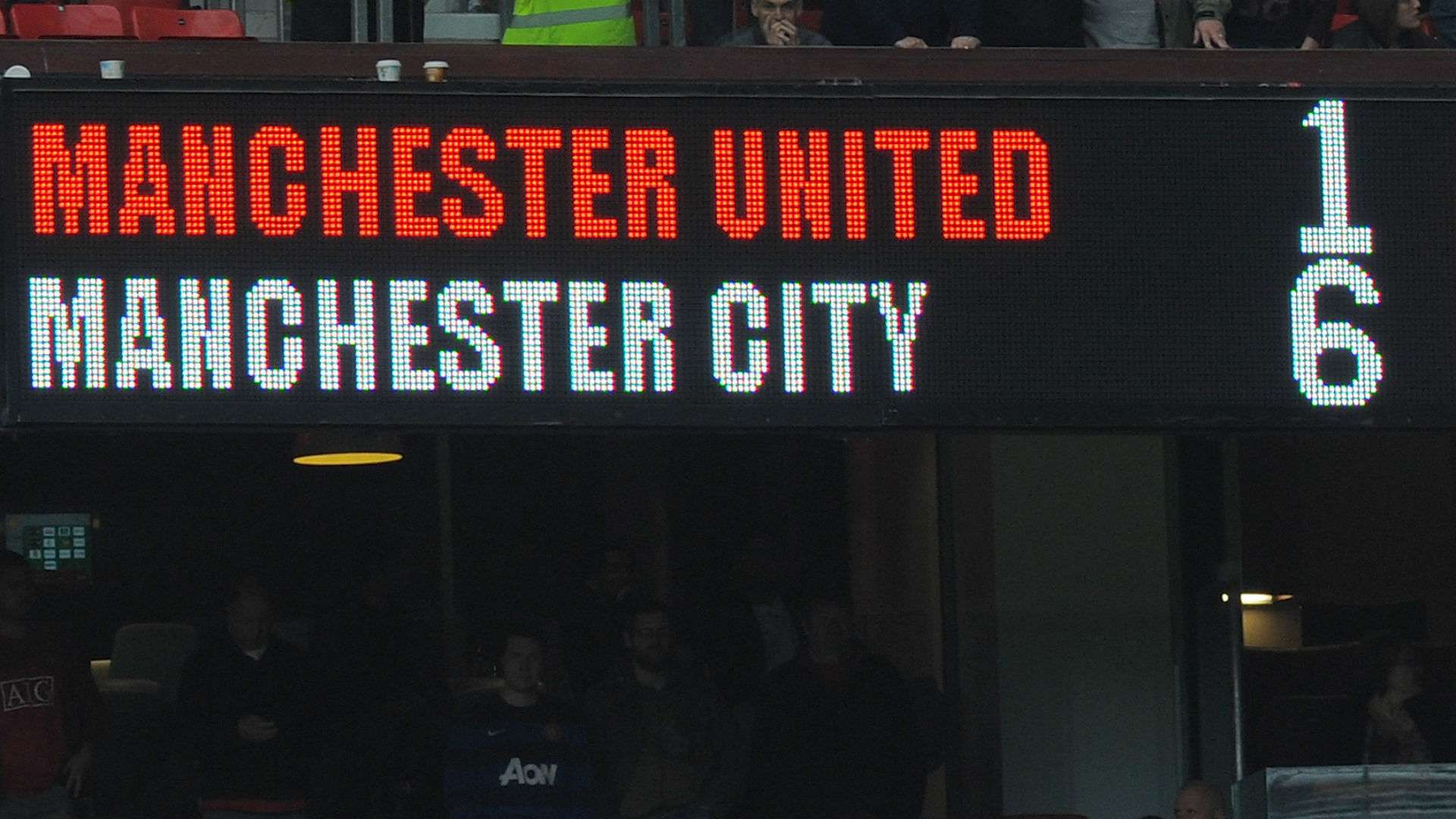In the English Football League, there are currently 19 different suffixes used in club names, from the common United and City to the more unique, such as Alexandra and Orient.
Here is a list of all the different names and where they have likely derived from:
Albion
Brighton & Hove are representatives with this name in the Premier League, while West Bromwich and Burton are other clubs who use the moniker.
It is a name that is an ancient term for Britain and comes from the Latin word ‘albus’, meaning white, which is a reference to the white cliffs of Dover.
Alexandra
Crewe’s football team is named after Princess Alexandra, who was the wife of King Edward VII.
Argyle
There is debate as to why Plymouth have adopted this name, with one suggestion being that they were named after the Argyll and Sutherland Highlanders, a Scottish army regiment with a strong footballing tradition. The other theory is that they were simply named after a local pub: the Argyle Tavern.
Athletic
A traditional name for a football club coming initially from track and field clubs. A team bearing this name has never won the league, although Oldham and Charlton have both finished as runners-up.

City
Undoubtedly the most famous ‘City’ of the current era are defending Premier League champions Manchester, who have picked up the title in each of the last two campaigns.
City has been a popular name for teams throughout footballing history, although only two clubs boasting this title have ever won the league, with Leicester in 2015-16 the other side to have done so.
Nevertheless, there have been many famous teams going by this name, from Norwich and Stoke down to the likes of Lincoln and Exeter.
County
Derby are the only County to have won English football’s top division, having done so twice in the 1970s. Like City and Town, the name simply comes from the area that the club represents.
Dons
When the original Wimbledon moved to Milton Keynes, they wanted to keep part of the club’s history. Although they dropped the area of London that the original team was named after, they instead kept the nickname, the Dons.
Forest
Nottingham have taken the name from the city crest, which shows a tree, symbolic of the tales of Robin Hood. Legend says that he used to ‘rob from the rich and give to the poor’ from Sherwood Forest, which actually lies closer to Mansfield, some 25 miles away from the City Ground.
Hotspur
There is only one Hotspur in the EFL: Tottenham. They are named after Sir Harry Hotspur, who featured in William Shakespeare’s Henry IV. A soldier and a fierce fighter, the London club adopted his name for the title of their club, although it is more commonly shortened to ‘Spurs’.
 Getty Images
Getty ImagesOrient
Leyton Orient’s name is another that is showed in some debate as to its origins. It has been suggested that a player – Jack R Dearing – requested the name as he was an employee of the Orient Shipping Company, while some others have postulated that it is because they are from the East End of London. It has even been suggested by some club historians that the name was simply picked due to its unique nature.
North End
Preston adopted this name when the club, which was still a cricket club, splintered into two groups. The North End name was added to the group who chose to move to the Moor Park area of the town, which is in the north.
Rangers
Similar to Rovers and Wanderers, teams that initially started as Rangers typically had no fixed home ground. For example, QPR played at nearly an astonishing 20 grounds – a league record – before they eventually settled at Loftus Road in 1917.
Rovers
Blackburn are perhaps the most famous of the Rovers, having won the Premier League title on one occasion.
Like ‘Wanderers’, clubs called Rovers typically did not have a fixed home ground when they were formed.
Stanley
The original Accrington resigned from the Football League after just five years, but when they did so, local club Stanley Villa, who were based at the Stanley WMC, decided to take on the town’s name. As such, they became Accrington Stanley.
Town
Another popular name of clubs, though as the name suggests, these teams do not come from the large cities and, as such, have typically enjoyed less success. Huddersfield and Ipswich are the two ‘Towns’ to win the league – the latter doing so most recently in 1961-62.

United
Manchester may have become almost ubiquitous with the title of ‘United’ in a worldwide sense in recent years thanks to their dominance during the Premier League era, but Sheffield were the first team boasting this name to win the English league back in 1897-98.
Since then, Newcastle, Manchester and Leeds have followed as championship-winning Uniteds.
This is one of the most popular names in the EFL, with a strong sprinkling in every division.
If the name now conjures an image of players working together to serve a common purpose, it was typically adopted more pragmatically as two or more teams joined together to form bigger clubs.
Villa
Playing in the Aston area of Birmingham, the Premier League side are the only EFL team to boast this name. The reason behind it is likely to come from local cricket team Villa Cross Wesleyan Chapel, whose players were looking for something to do during the winter to keep them busy and elected to take up football.
Wanderers
The likes of Wolves, Bolton and Wycombe all bear this name, which likely comes as a form of imitation to the original winners of the FA Cup back in 1872, who were simply known as The Wanderers. They took the name from their lack of home ground.
The name conveys a romantic sense of travelling gentleman, who are interested in playing for pleasure rather than to win – a very typically English sentiment, particularly at the turn of the 19th into 20th century, when many clubs were formed.
Wednesday
Sheffield boast one of the most unusual names in English football, thanks to their Wednesday name. Quite simply, the name goes back to when it was originally a cricket club that used to play their games on that day of the week.

